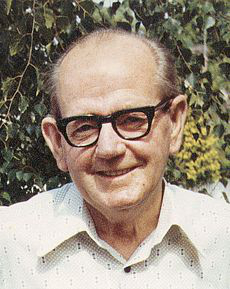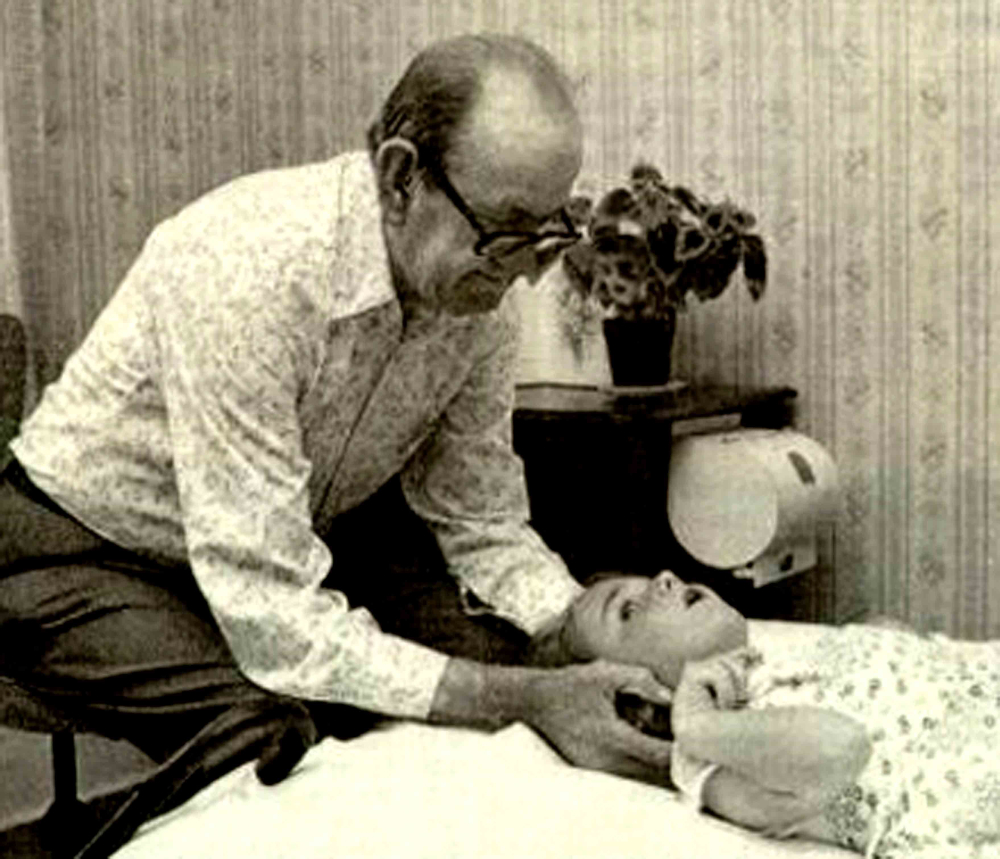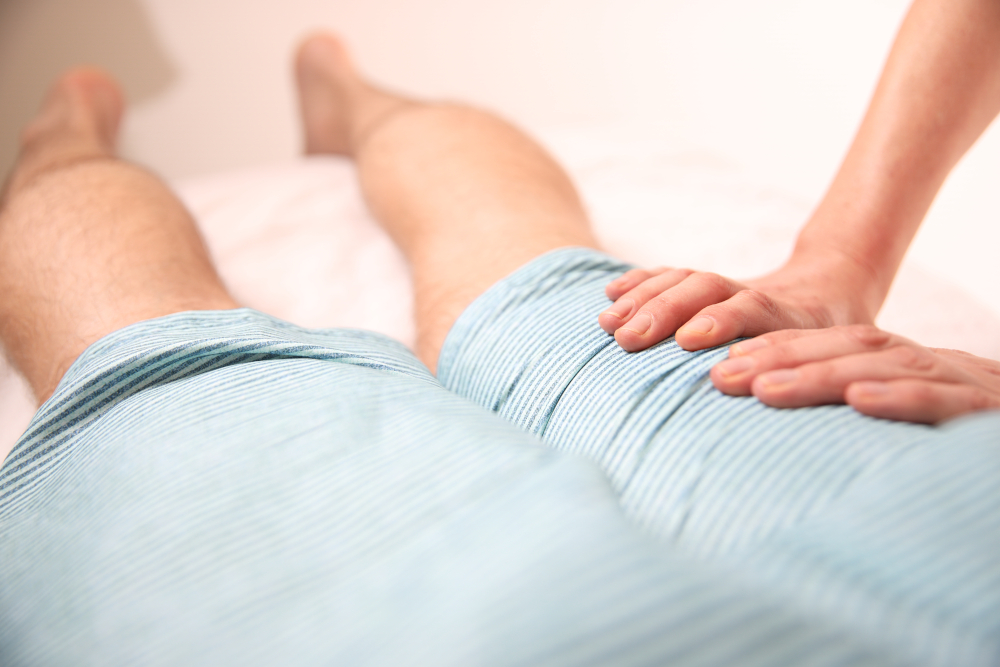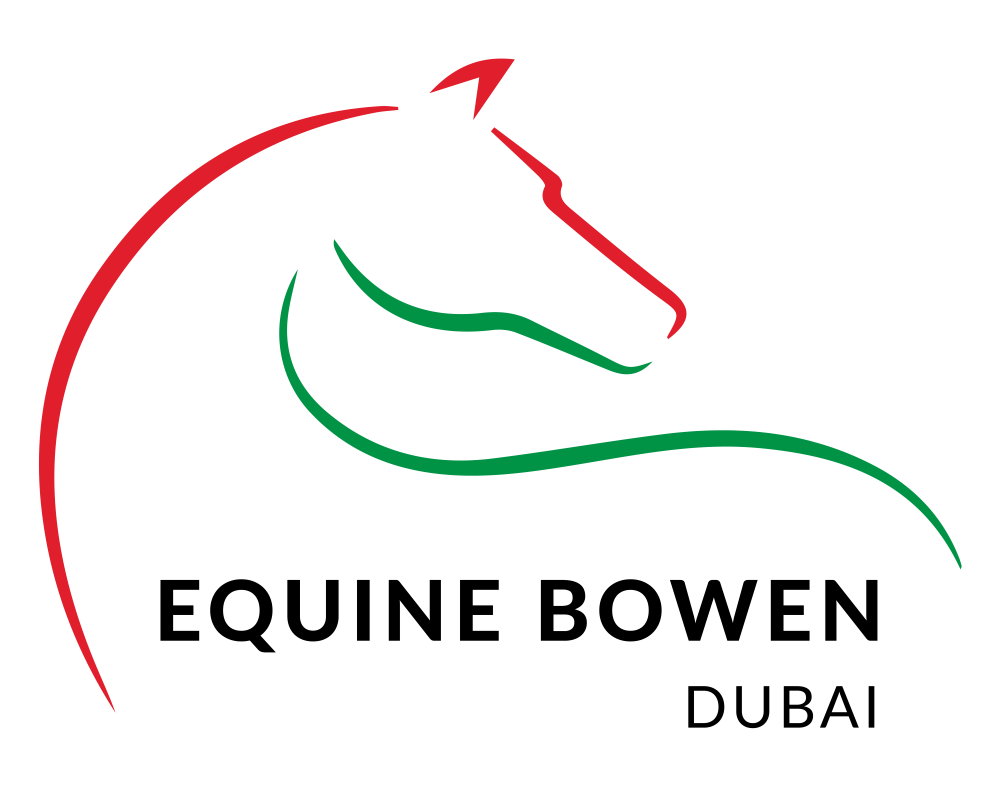History of Bowen Therapy

Tom Bowen
Bowen Therapy is named after it’s originator, the late Thomas Ambrose Bowen. Born in Geelong, Australia in 1916 (his parents emigrated from Wolverhampton, England before he was born), Tom Bowen had no formal medical training and was by and large a self taught healer. It has been said that 10,000 hours of practice is required to achieve the level of mastery associated with being a world-class expert—in anything. Tom Bowen had a gift, but this was honed from hours upon hours of practice and study. It was reported he was fascinated by anatomy and physiology, and consumed as many books as were available to him at this time in anything to do with the subject. He had an interest in Eastern medicine, and read books on Acupuncture, Shiatsu and Acupressure. This makes sense as Acupuncturists who have studied Bowen Therapy tell us that the locations of some of the Bowen ‘moves’ correlate to points along meridians from Chinese medicine.

Evolution of Bowen
Tom Bowen identified most with the practise of Osteopathy, indeed he labelled himself an osteopath on his business card. However he wasn’t recognised by the Osteopathic Society at that time. It is said that he called his talents a ‘gift from God’, but it is also said that Tom also had contact with and spent time observing and interacting with at least one other unique and successful healer operating in Victoria in the 1930s-50s whose work seems to have remained undocumented. This influenced his work enormously and with his exceptional observational and palpation skills he continued to develop his own style and technique which was constantly evolving right up until the end of his life.

The First clinic
His fame as a healer soon drew people from around Australia to his clinic in Geelong, Victoria. He was one of the busiest practitioners in the country. He eventually had to move to bigger premises where he would move between several rooms treating people. Tom did not have appointments as such. At the clinic patients were given a number from 1 to 33 in order of presentation. He would see people in order, go home for lunch and start again in the afternoon. He would go out and see housebound people in the evenings often not returning till 9.30pm. In 1975, the Victorian government’s own committee of enquiry reported that Tom was treating 280 people per week, an astonishing 13,000 people a year, with an 88% success rate. He never advertised his work and his patients came to him through word of mouth.

Bequethal of Bowen
Tom had a hugely successful clinic, but did not seek to capitalise on this by seeking fame and fortune. He prioritised the welfare of his patients, and teaching on a large scale was not important to him. He personally did not document his technique, but he allowed a few people to observe him and study his method, and was very selective about those he chose. Six men spent time with Tom Bowen in his clinic at different stages in his career. Four of the men were Chiropractors, one was an Osteopath, and one – Ossie Reinch, a massage therapist. Tom allowed his ‘boys’, as they were referred to, to document his work which until then had no formal notes, charts or manuals. After Tom’s death in 1982 Ossie decided to take his interpretation of Tom’s work and teach it on a large scale. This was the beginning of Bowtech, and the Bowen Technique, and it evolved into a formalised course with certification and branches of the organisation throughout the world. Other’s have also taught different interpretations, and we have all to thank for the work of Tom Bowen having the reach and impact it has, and for helping so many people who otherwise would not have experienced the therapy.
